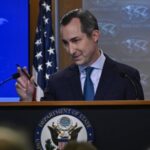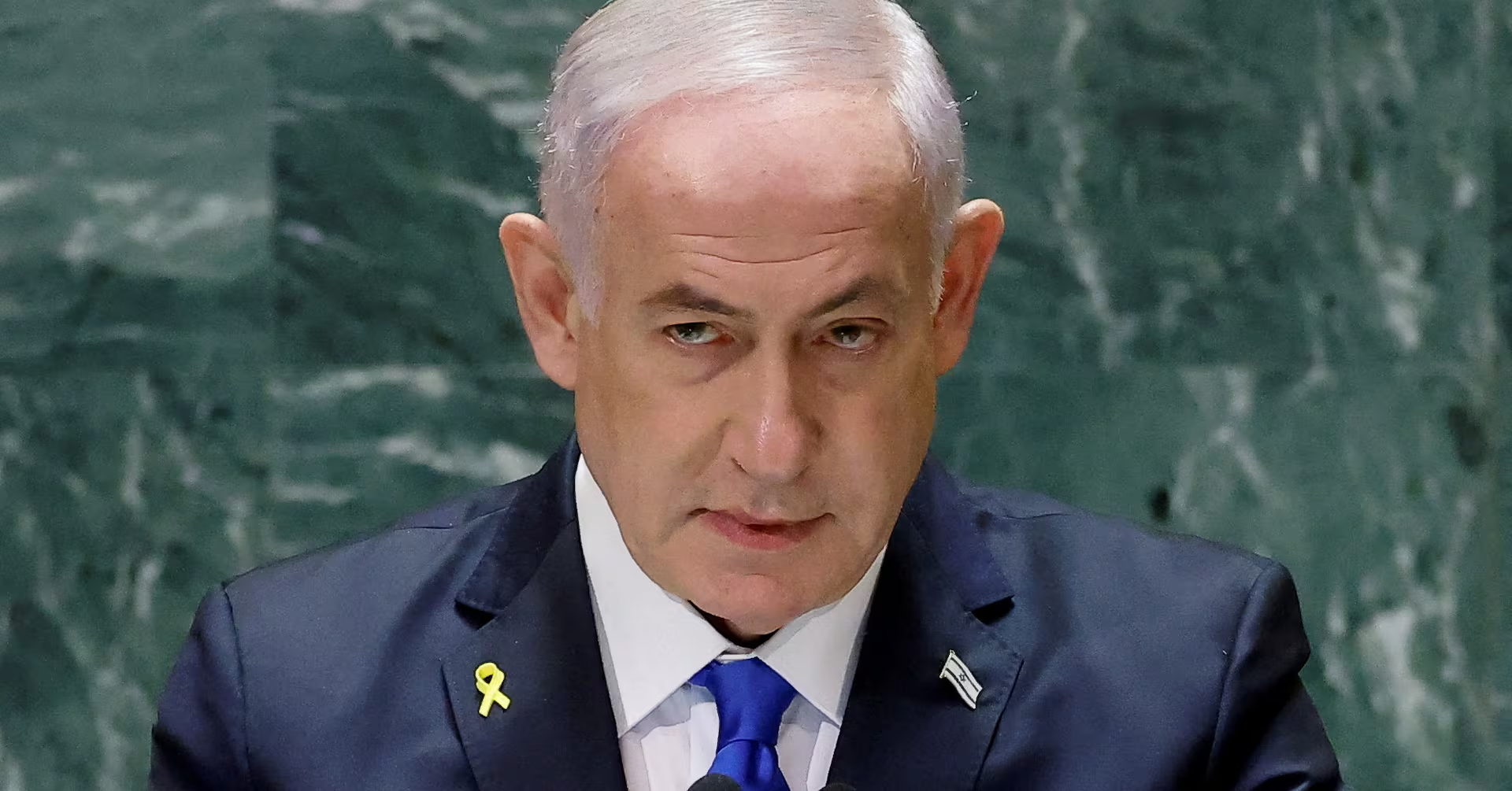Israeli Prime Minister Benjamin Netanyahu on Tuesday informed French President Emmanuel Macron that he would not accept the ceasefire package unless it prevents Hezbollah from resupplying or re-organizing. This came in response to Macron’s speech, where he urged for the cessation of the ongoing war between Israel and Iran-backed Hezbollah and appealed for the stoppage of arms supplies to conflict regions in Gaza and Lebanon.
Netanyahu’s office said that the Prime Minister stands firmly, saying that a unilateral cease-fire would not change Lebanon’s root security concerns and would return the region to an unstable status quo. “The Prime Minister told President Macron that he is opposed to a unilateral ceasefire, which would not change the security situation in Lebanon, and which would return the country to its previous state,” read his office. He said Israel’s military actions are to neutralise the Hezbollah threat on Israel’s northern border and make that border safe for citizens to return and live in their homes.
This clear position comes as international forces call for the necessity of a ceasefire with intensified violence between Israel and Hezbollah. The call for a truce by Macron forms part of a more extensive process that intends to ease tension in the region, and he has further called for restrictions on arms exports, which are fueling the ongoing conflicts within Gaza and Lebanon. Netanyahu counters that without this action towards Hezbollah’s military, any cease-fire would weaken Israel because it leaves it hanging, waiting for the next onslaught.
It was worse on Monday when France and Israel locked horns over France’s blocking Netanyahu’s demands on the U.N. peacekeeping mission known as UNIFIL to pull out from southern Lebanon. The situation worsened further with Israeli troops reportedly firing into three U.N. peacekeeping positions in south Lebanon, prompting France to summon Israel’s ambassador over the incident.
According to reports, Macron’s plans to host an international conference on the security situation in Lebanon had also unsettled Netanyahu. His office expressed anxiety over participation by states, such as South Africa and Algeria, for their stance against Israel, thus undermining the right of Israel to self-defence. “These countries are working to deny Israel its fundamental right of self-defence and, in effect, reject its very right to exist,” said Netanyahu’s office.
In another statement, Netanyahu’s office emphasised a stern message to President Macron. While France goes out and shouts her apprehensions, she should remember the historical context in which the State of Israel was born. The statement has noted that some of the earlier fighters who had fought to win Israeli independence were Holocaust survivors and that Israel indeed had several battles with those challenging its existence. The statement further pointed out the fact that hundreds of resolutions passed by the United Nations have been critical of Israel, many of which are considered anti-Semitic by the Israeli government.
These diplomatic tensions reflect a more general difference of opinion in how Israel and parts of the international community believe the conflict with Hezbollah can and should be resolved and how security threats in this region are to be addressed. As the leaders continue to push for a ceasefire, Netanyahu is still set on the elimination of the military danger left behind by Hezbollah as the only way to consider moving toward the cessation of hostilities.
For more reporting like this, please follow Newsdecensored on your favorite social media sites and bookmark the website. Thank you for your interest and support.















